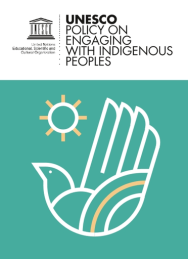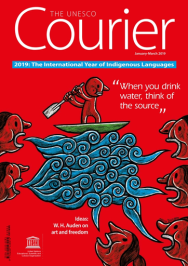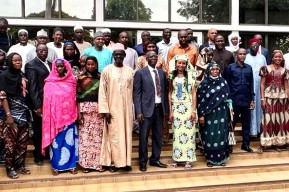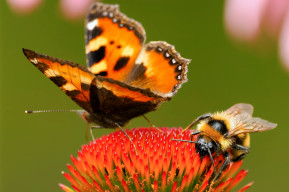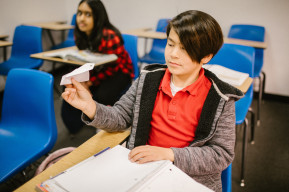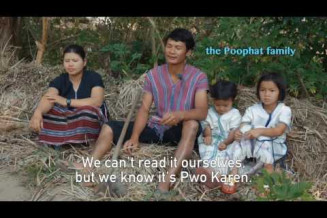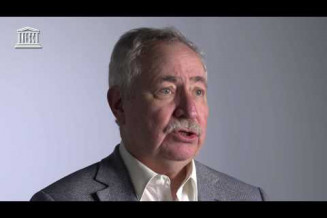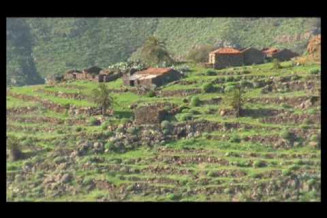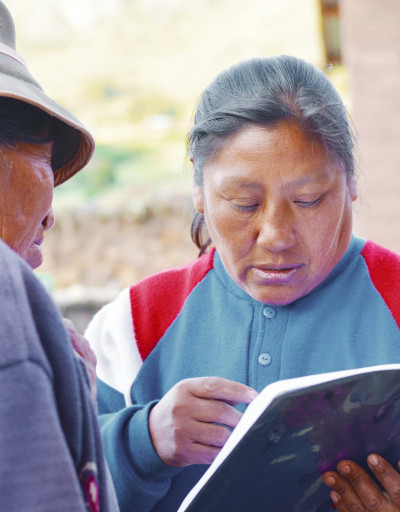
Indigenous Peoples
While the role of Indigenous peoples in maintaining the diversity of the world's cultural and biological landscape is significant, many continue to face marginalization, extreme poverty and other human rights violations. Through partnerships, UNESCO places the needs of indigenous peoples among its priority areas of response.
UNESCO is leading the global effort through:
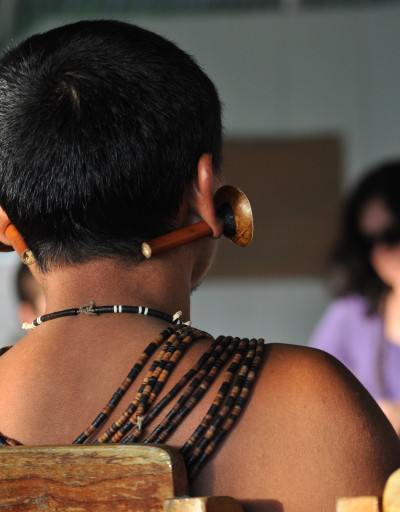
Launch of UNESCO's World Atlas of Languages
The World Atlas of Languages provides global community with a new perspective for more inclusive, comprehensive, and transversal understanding of linguistic diversity. This video provides an overview of the new interactive platform of the World Atlas of Languages, which will cover as many as possible of the world’s languages, and provides an opportunity to share data and resources, information about upcoming events and projects, and interact in practical ways with other members of the global community.

News & Stories
Key facts & figures
Our Publications
